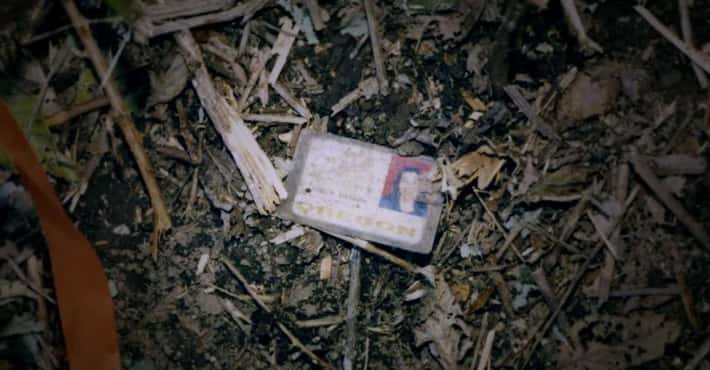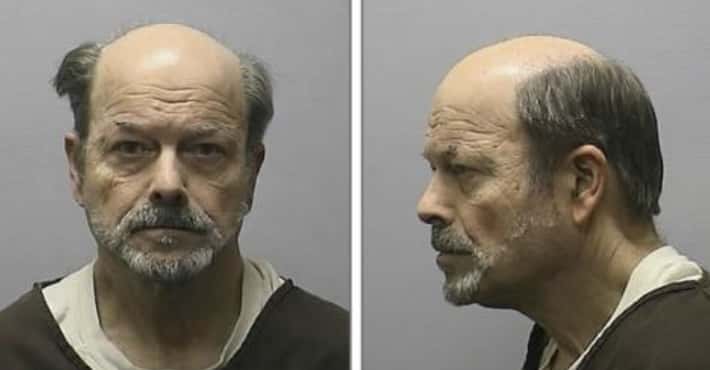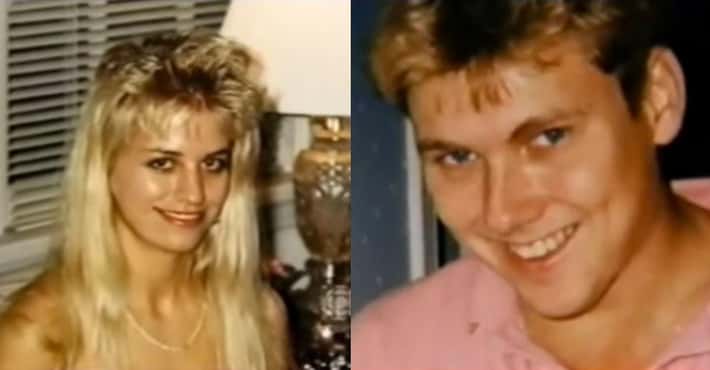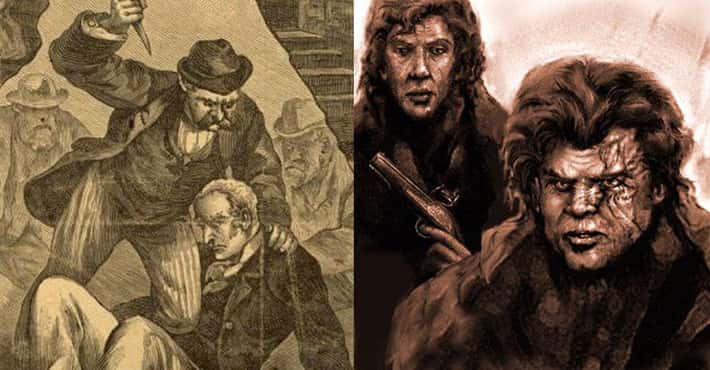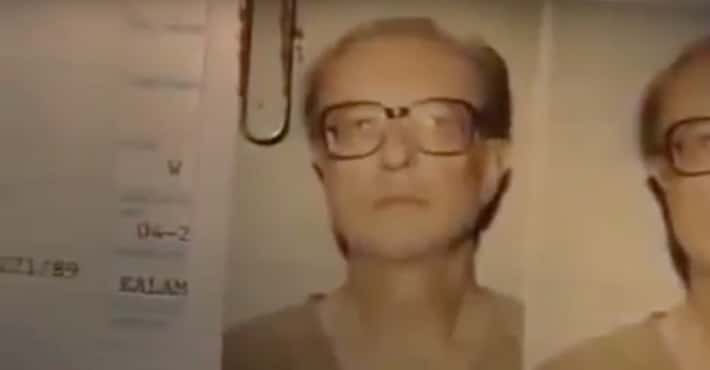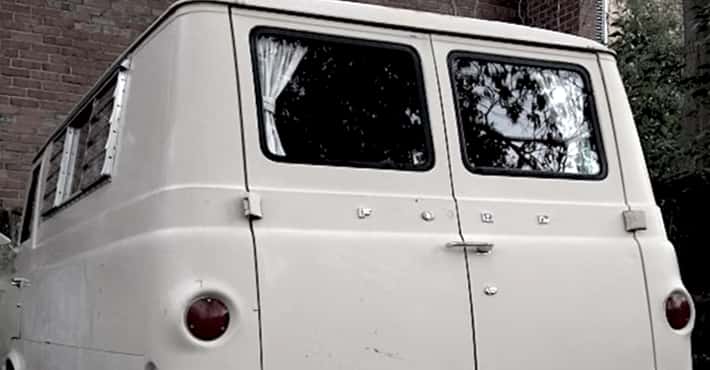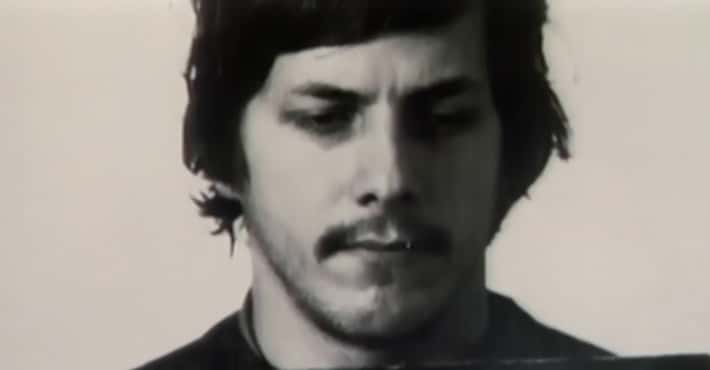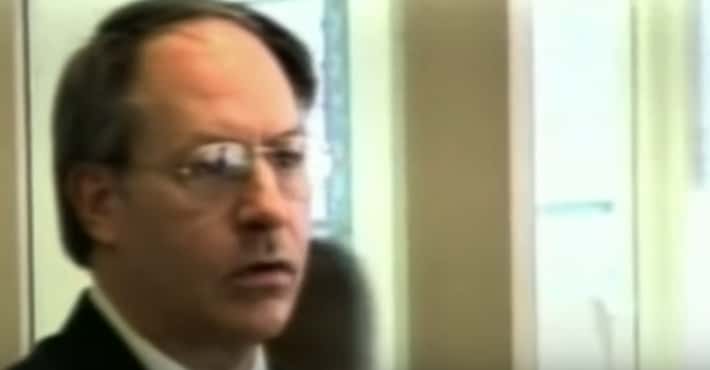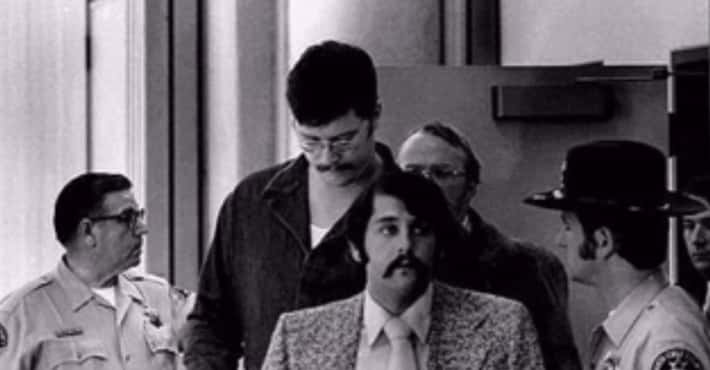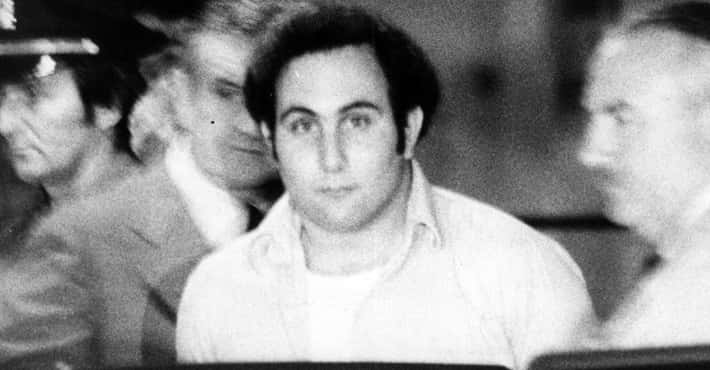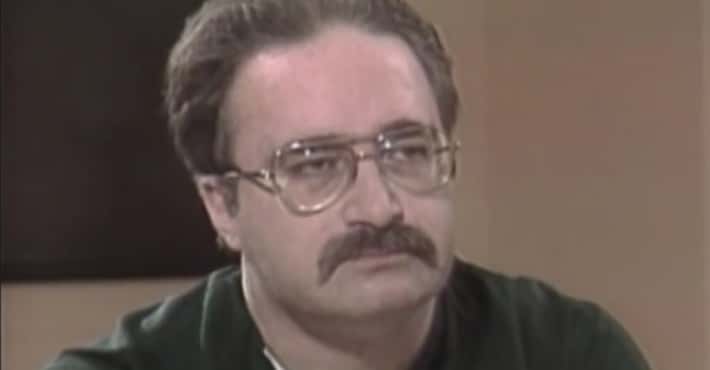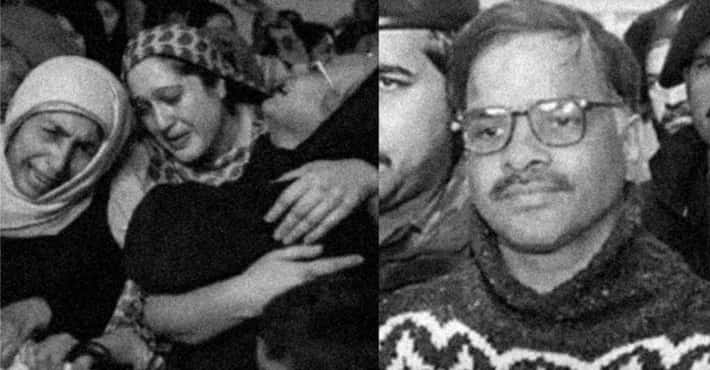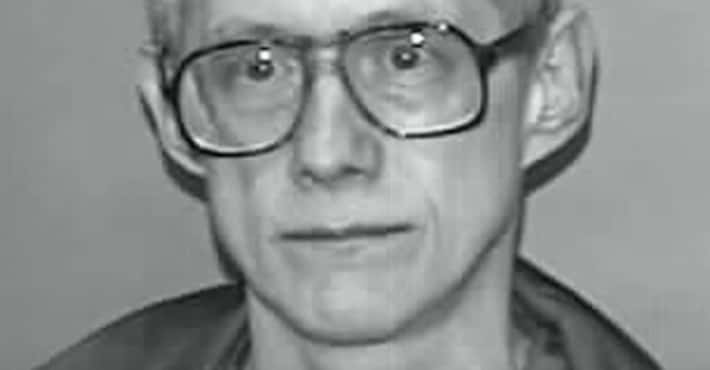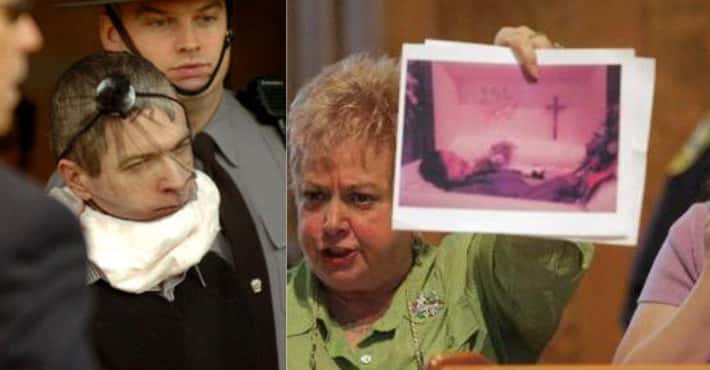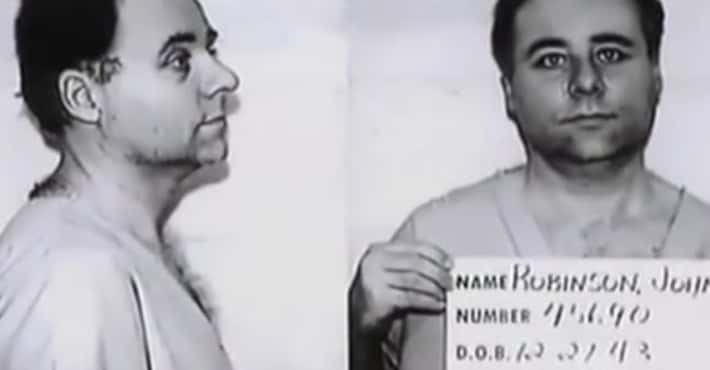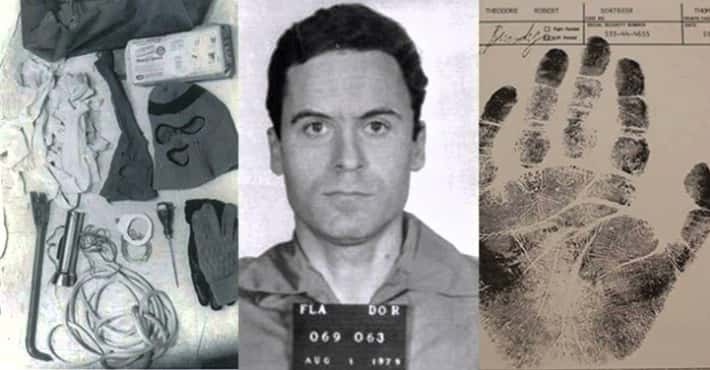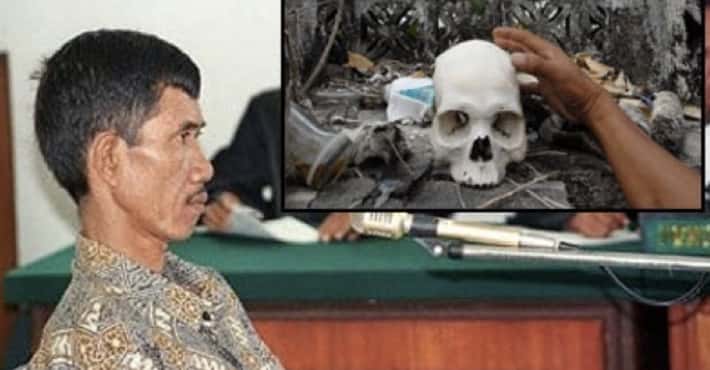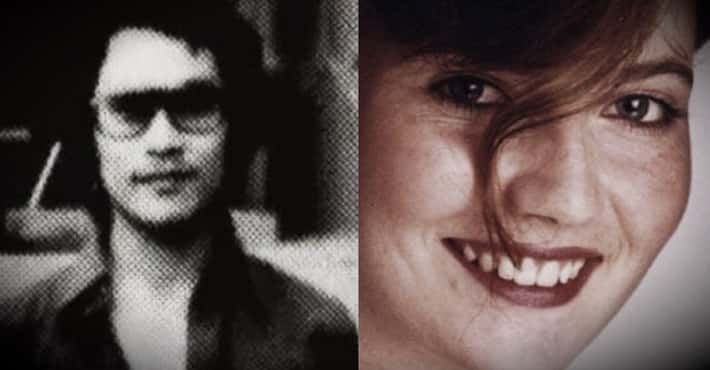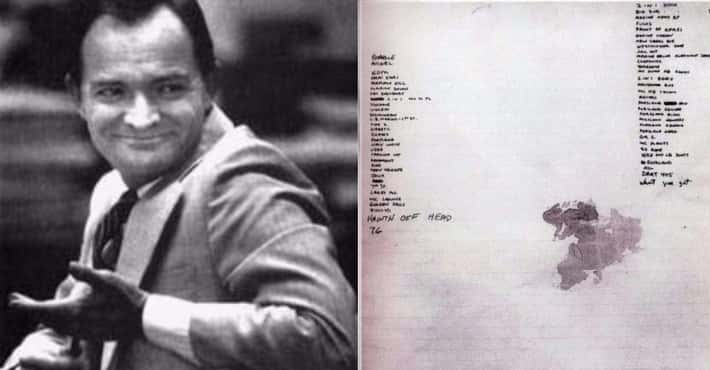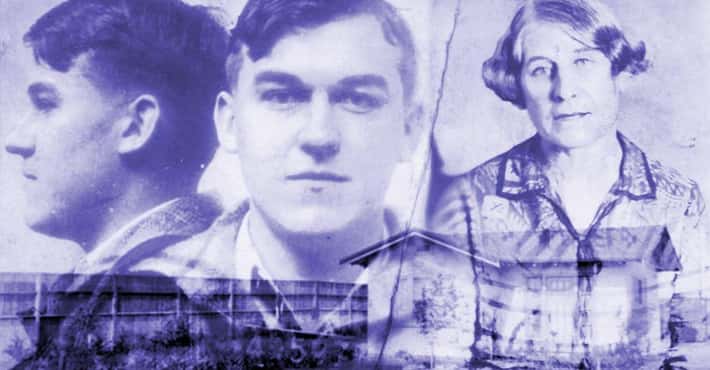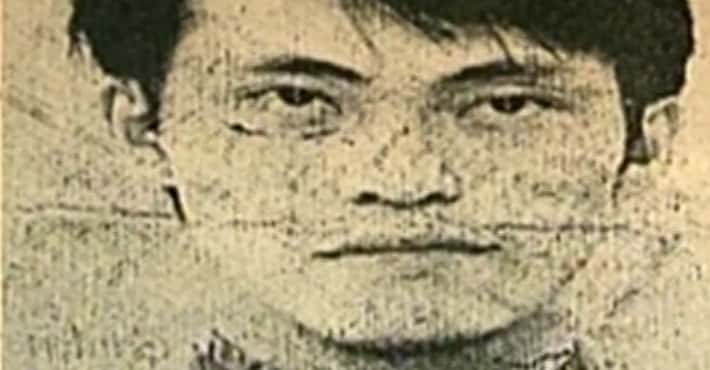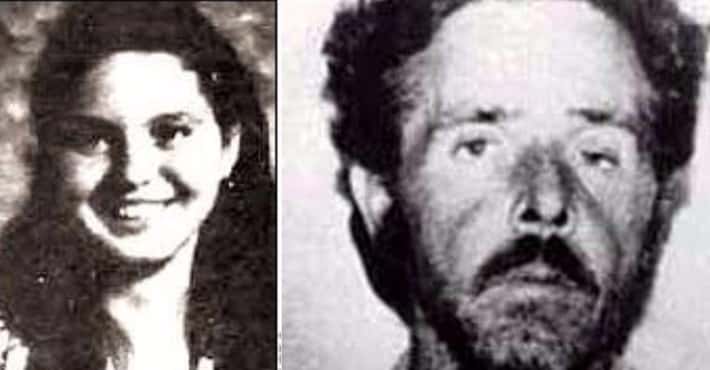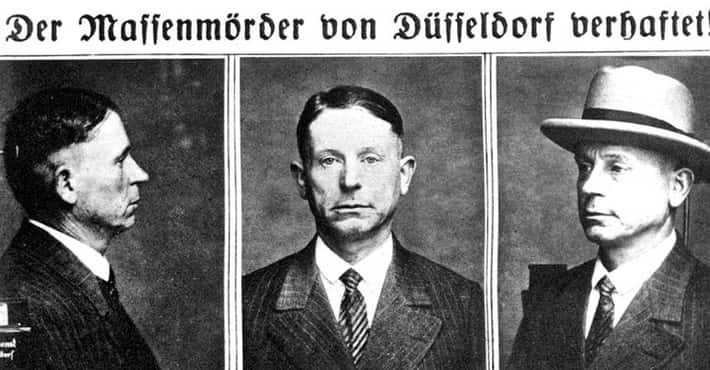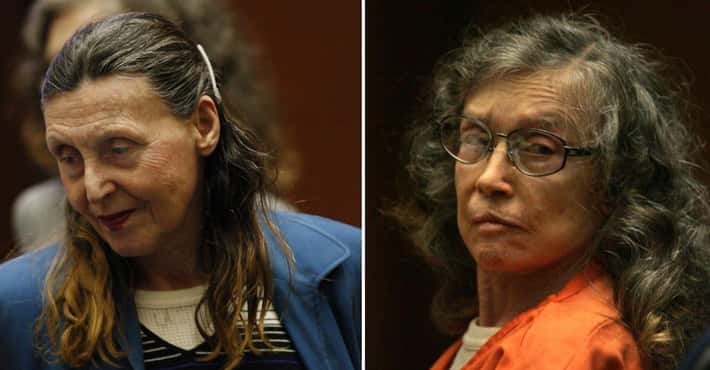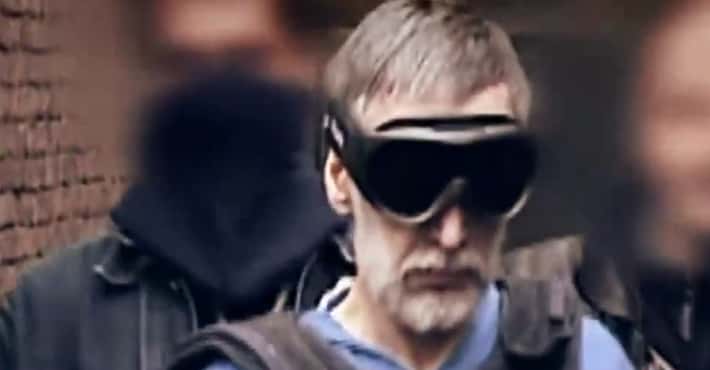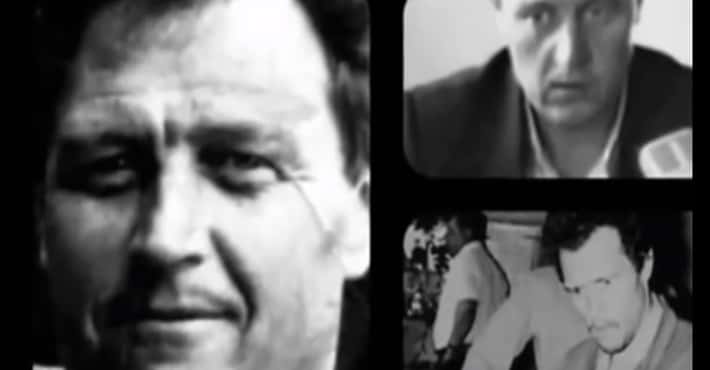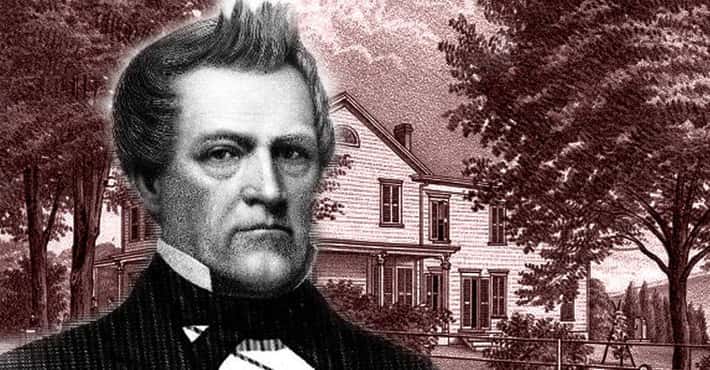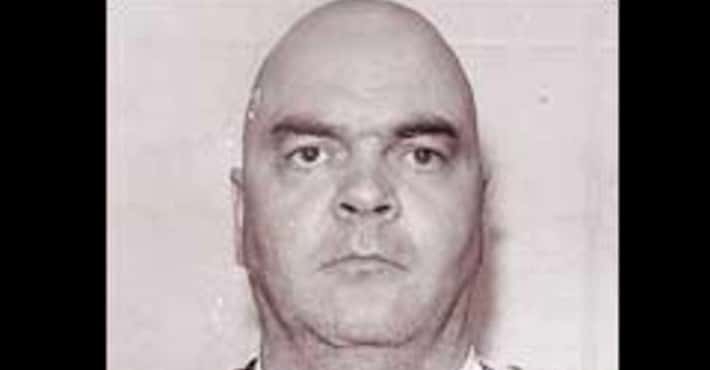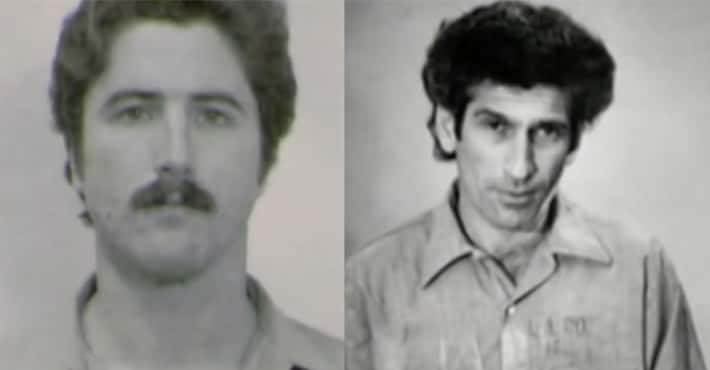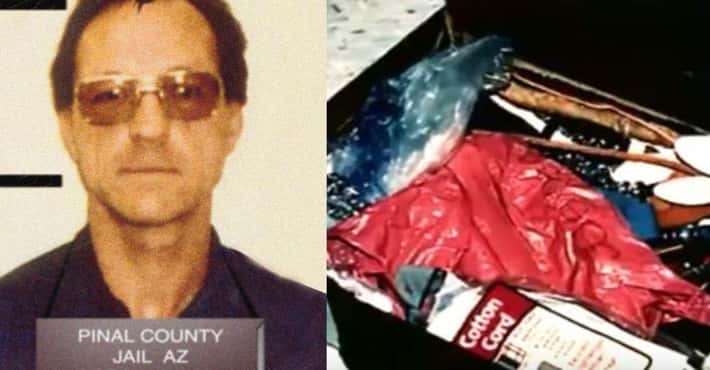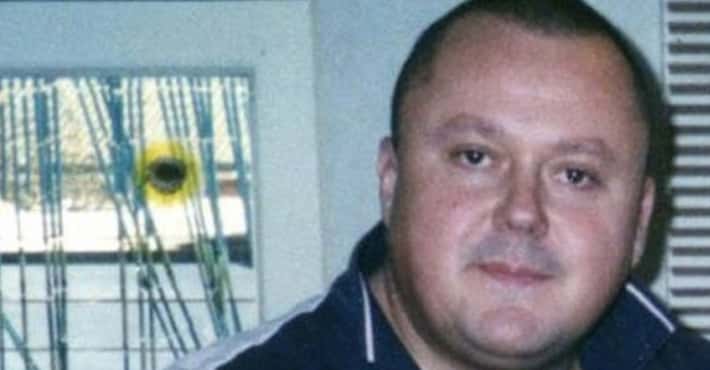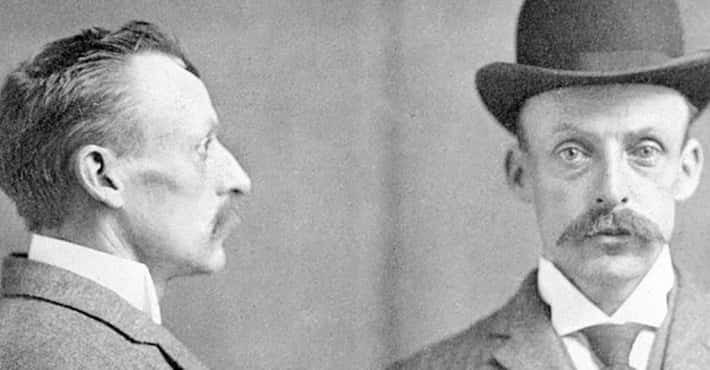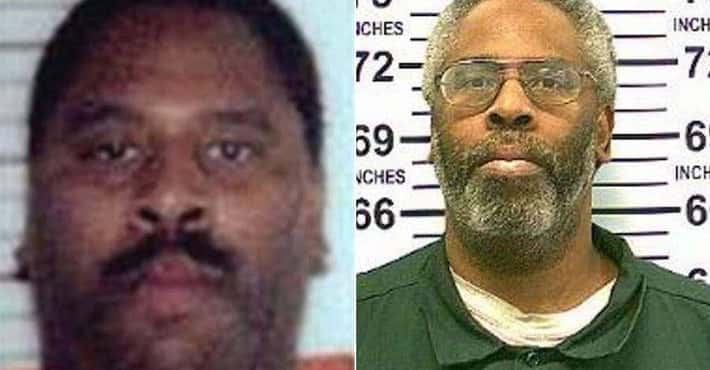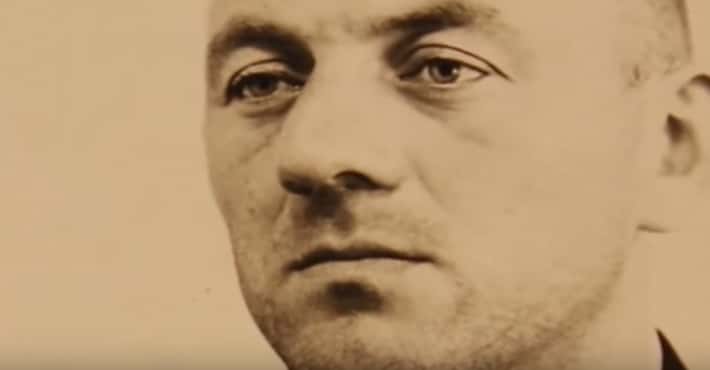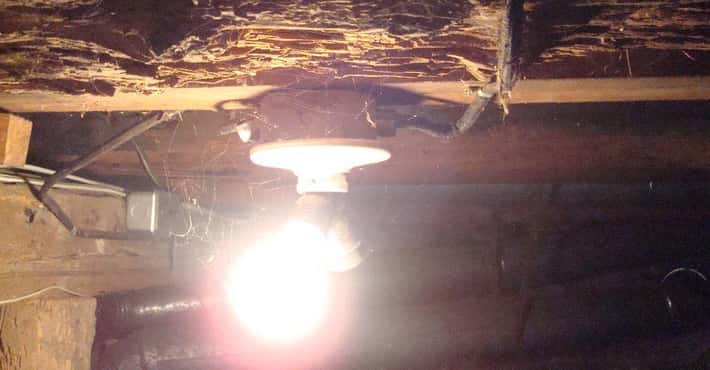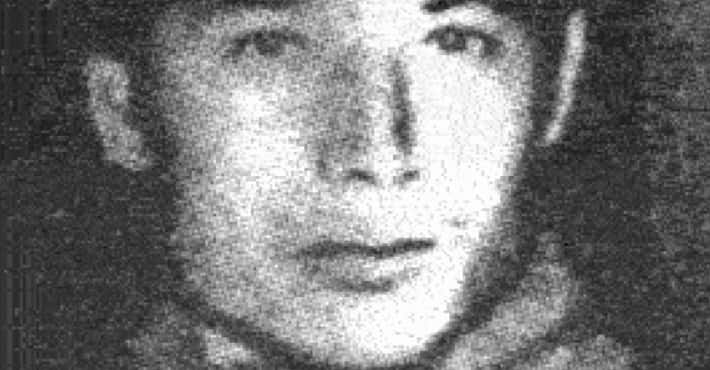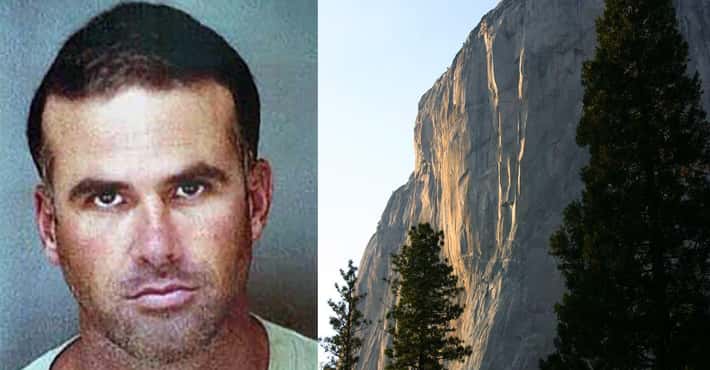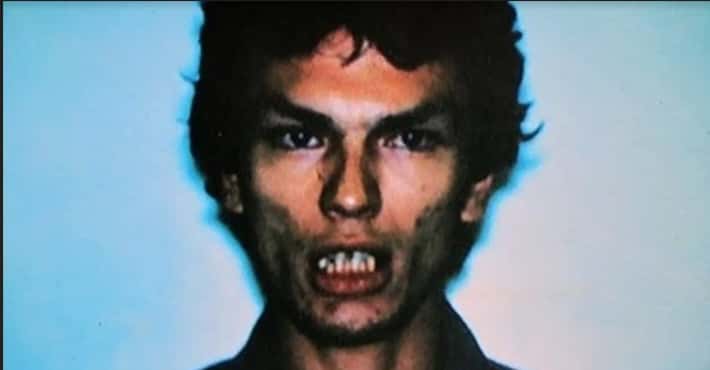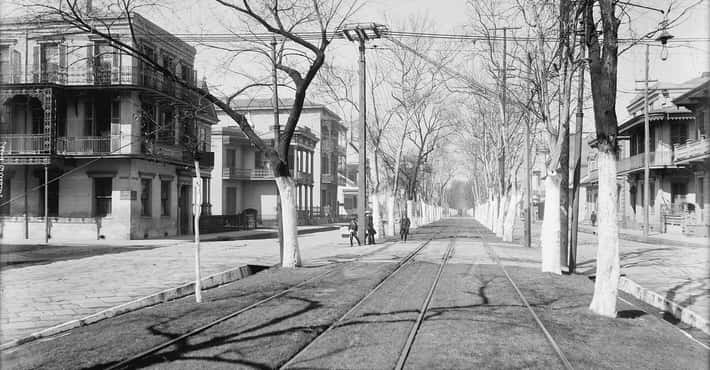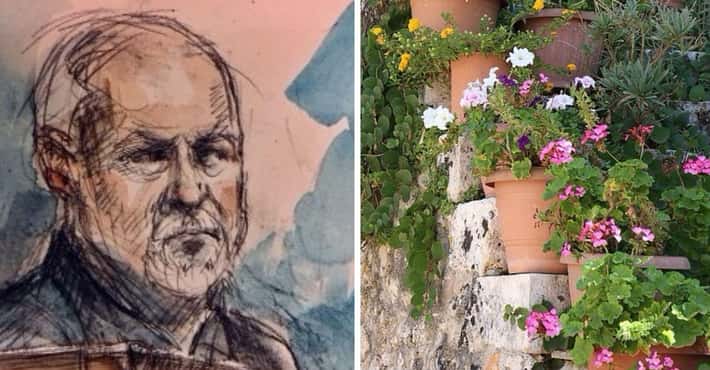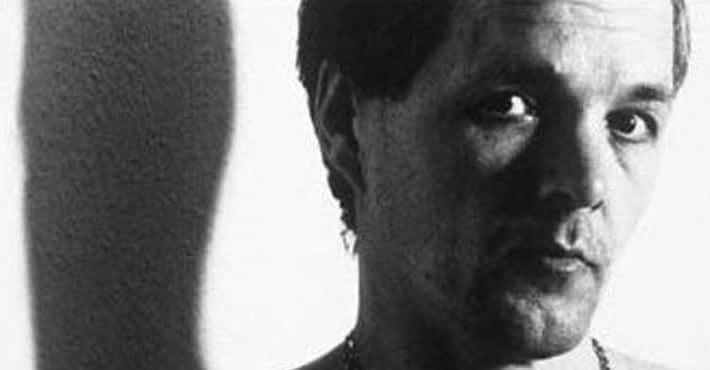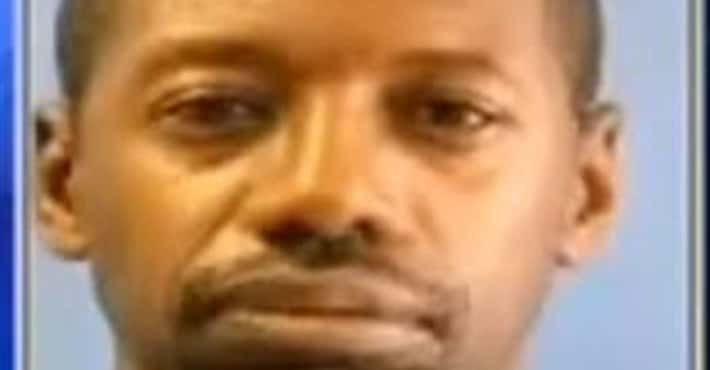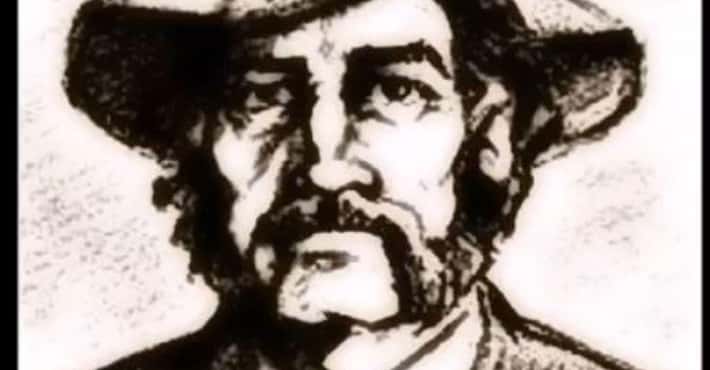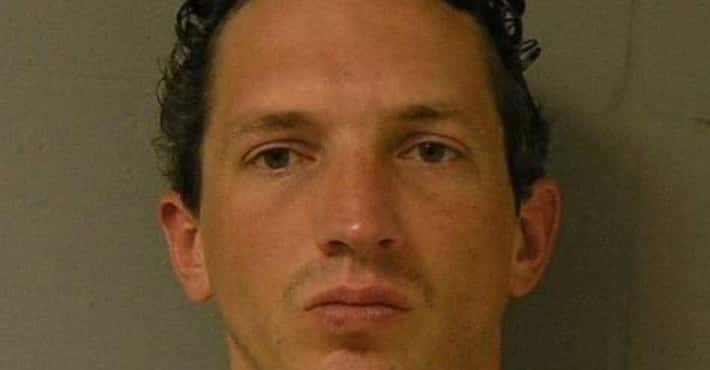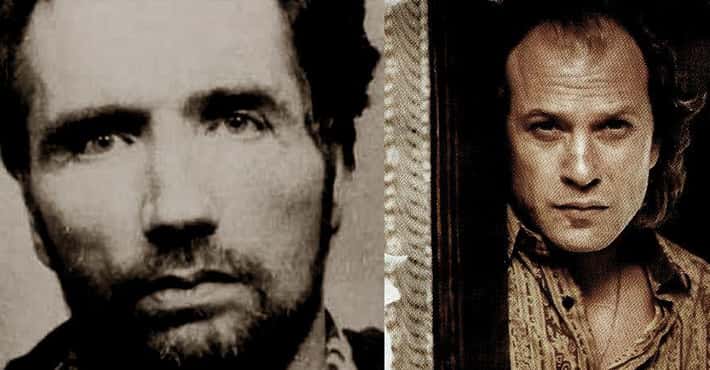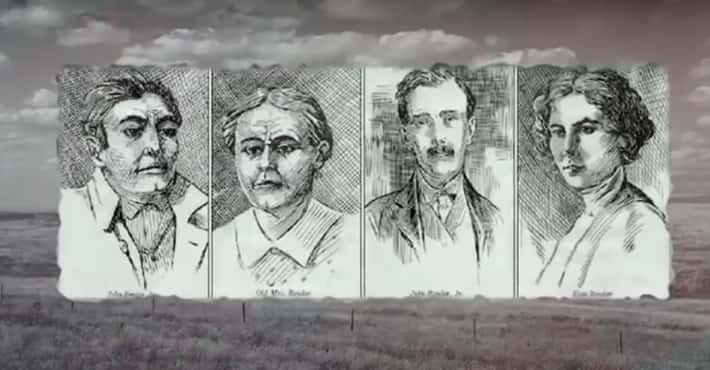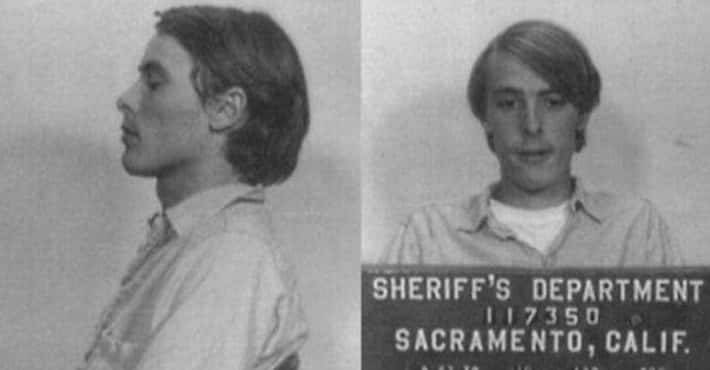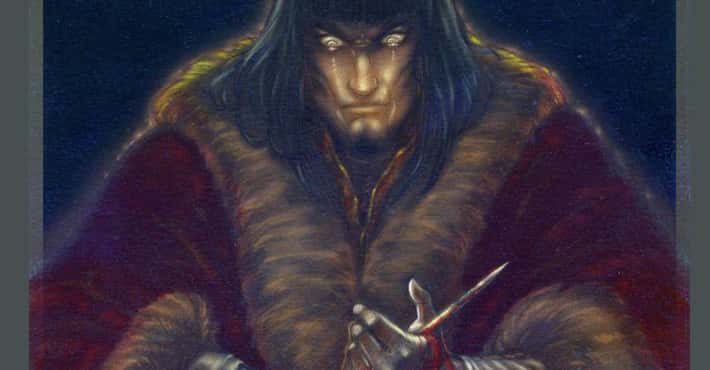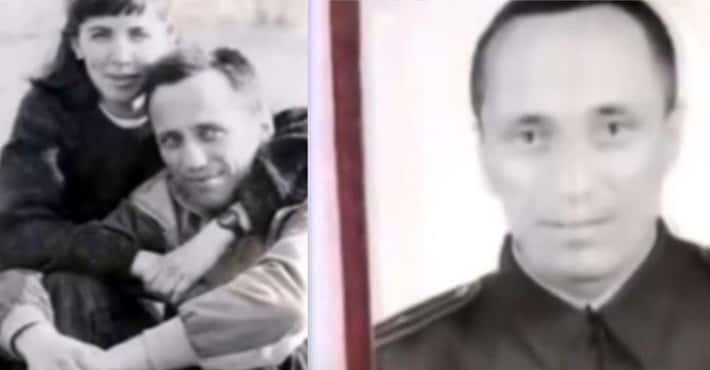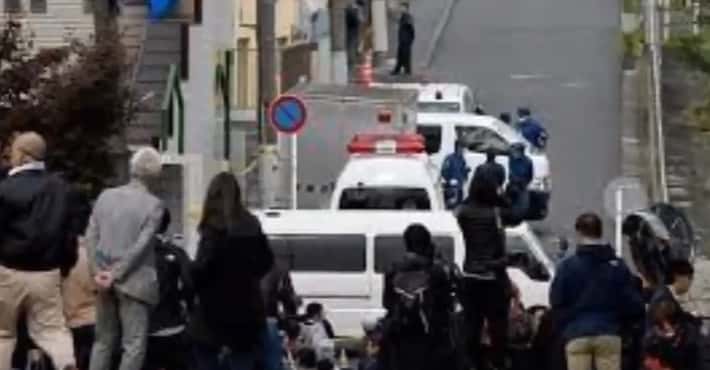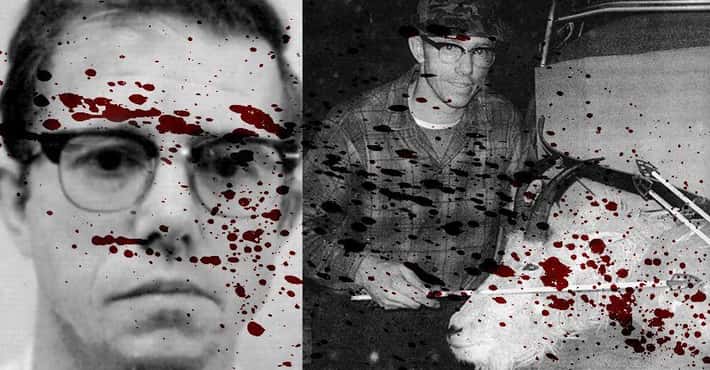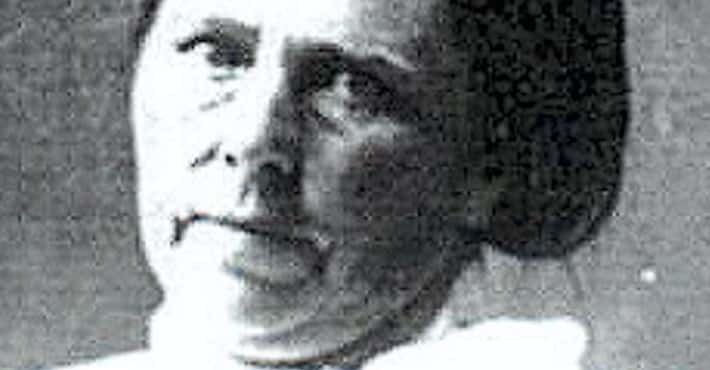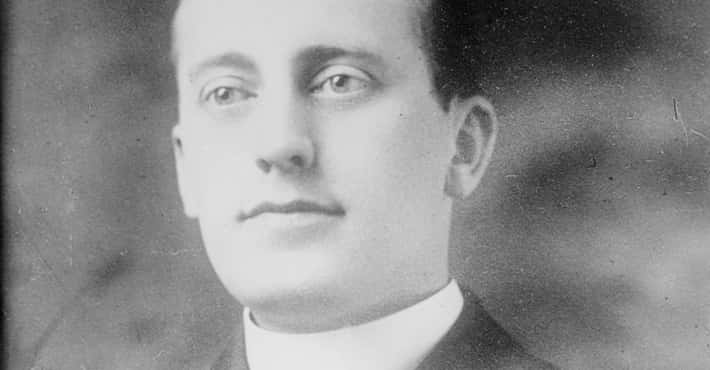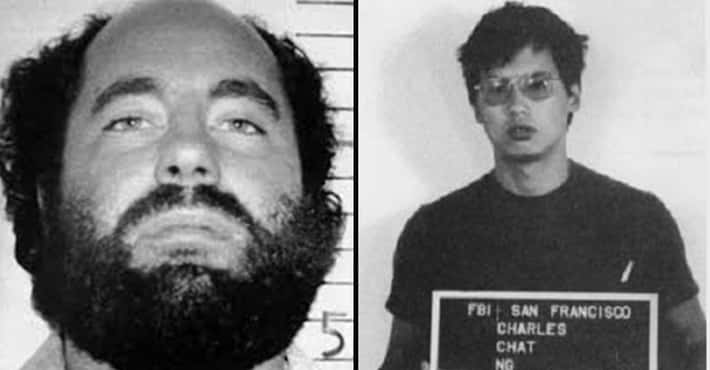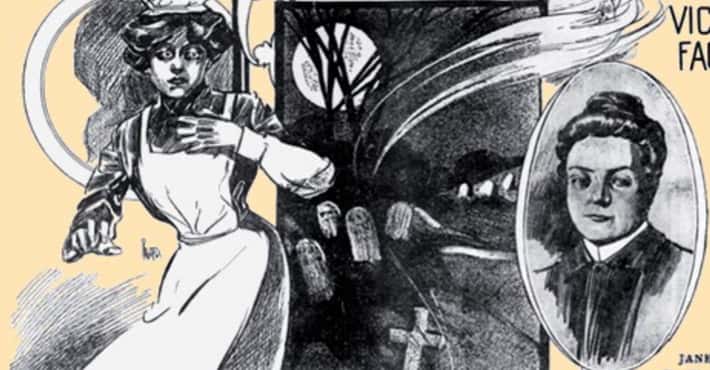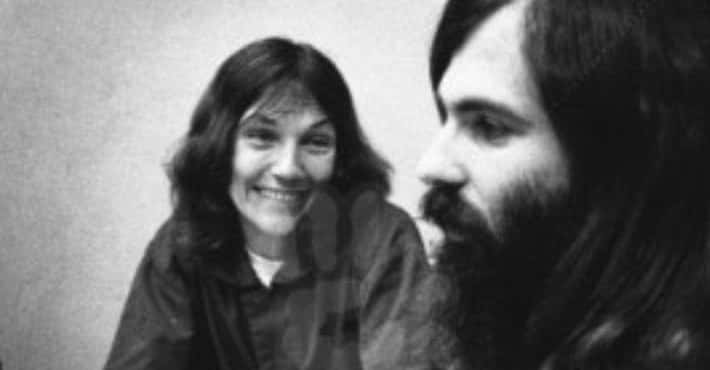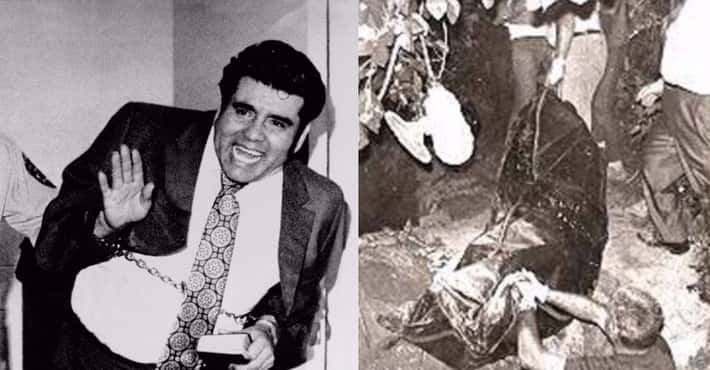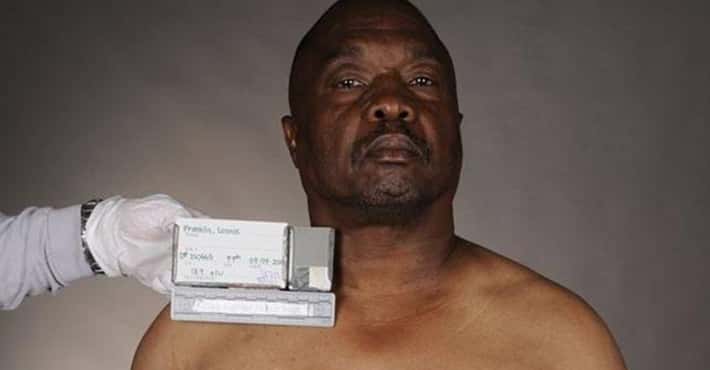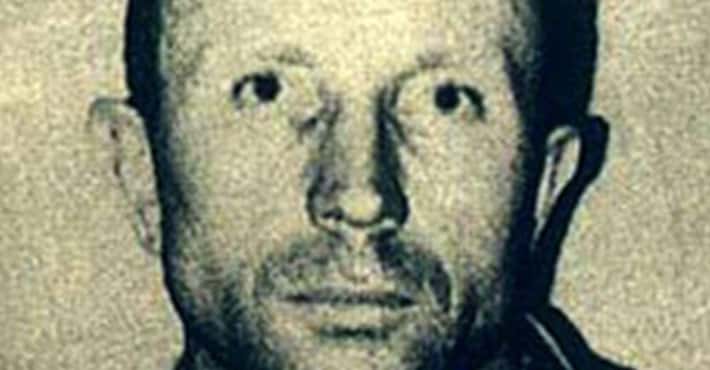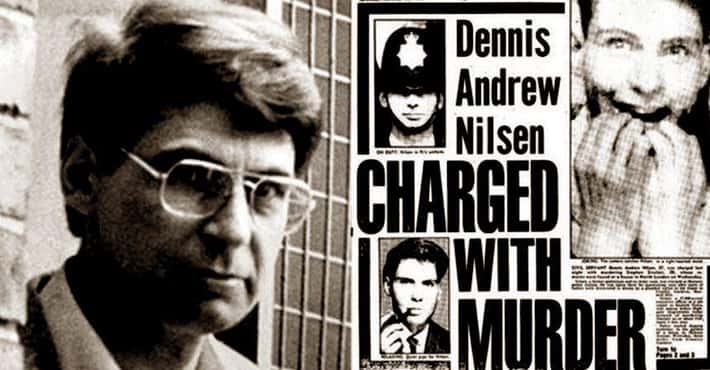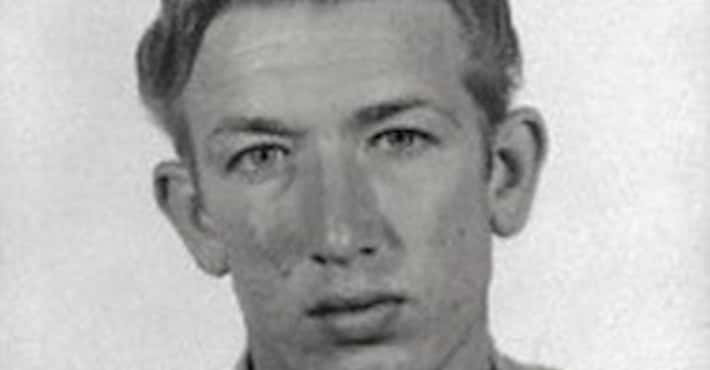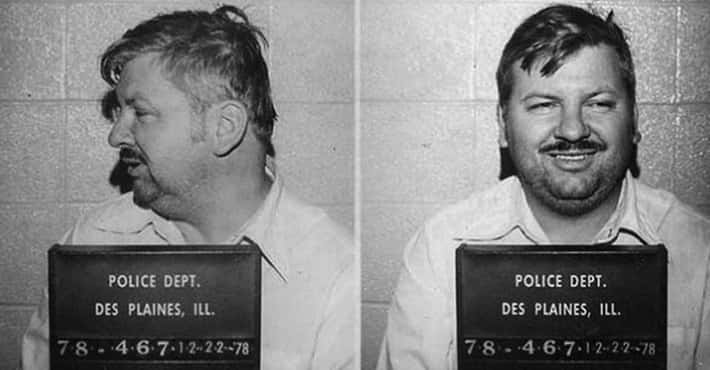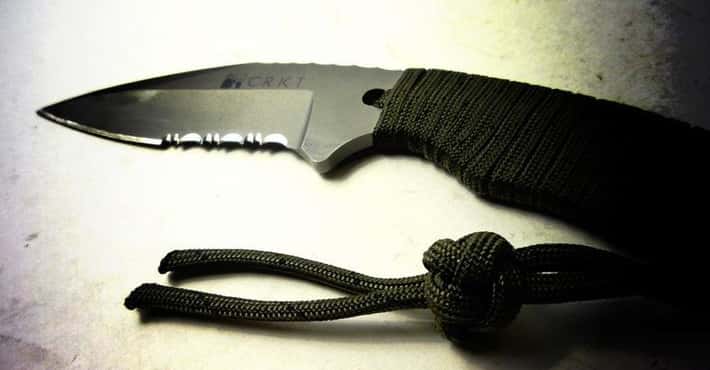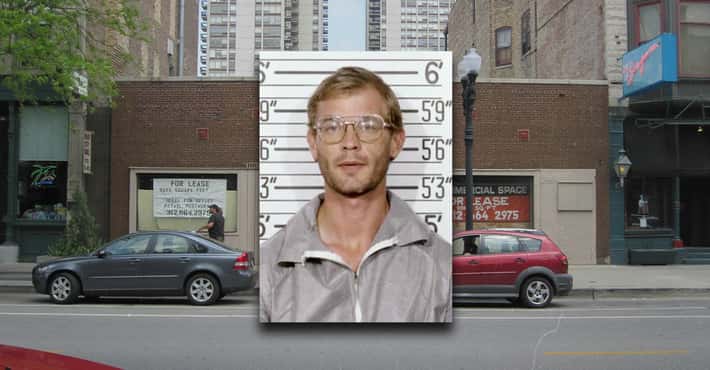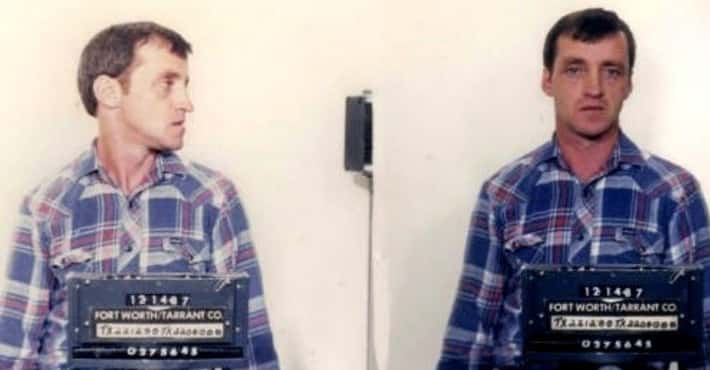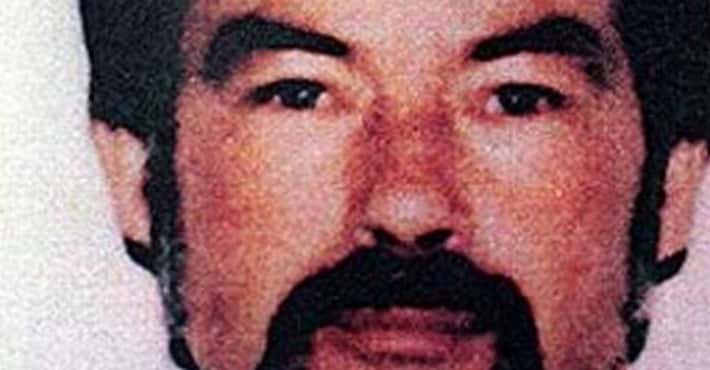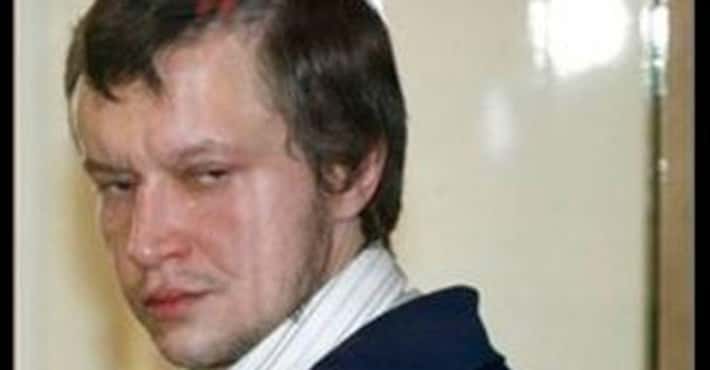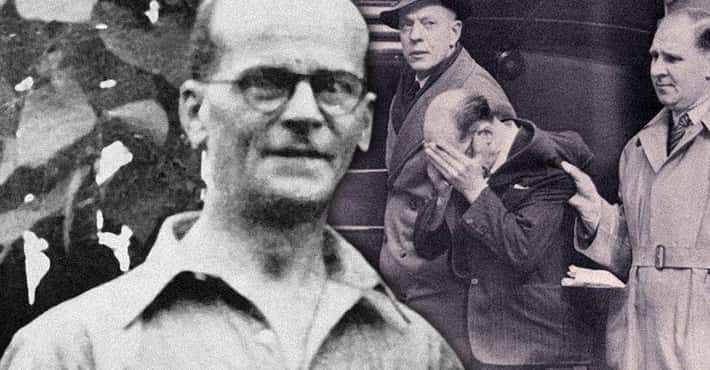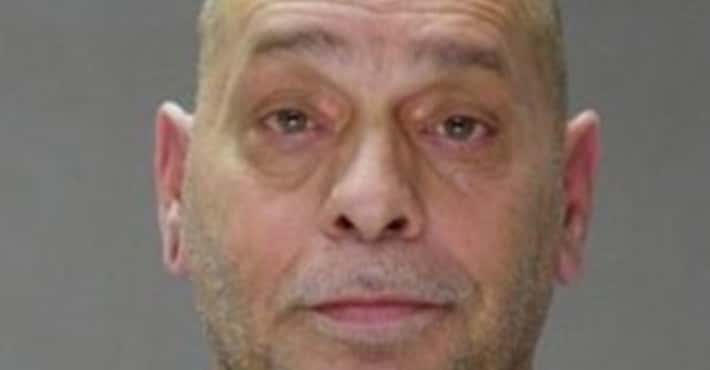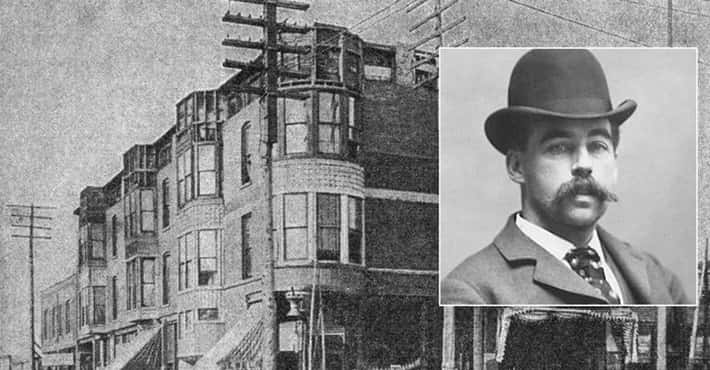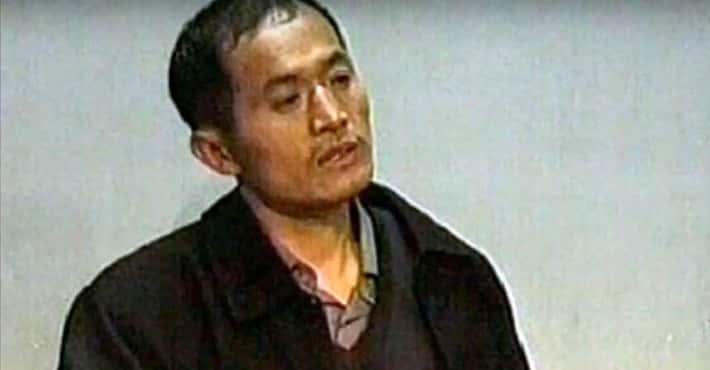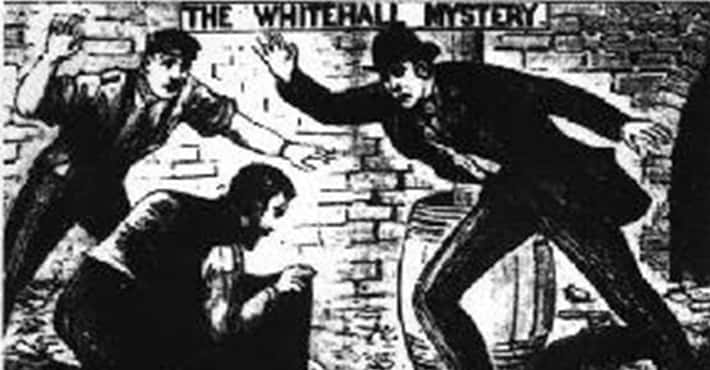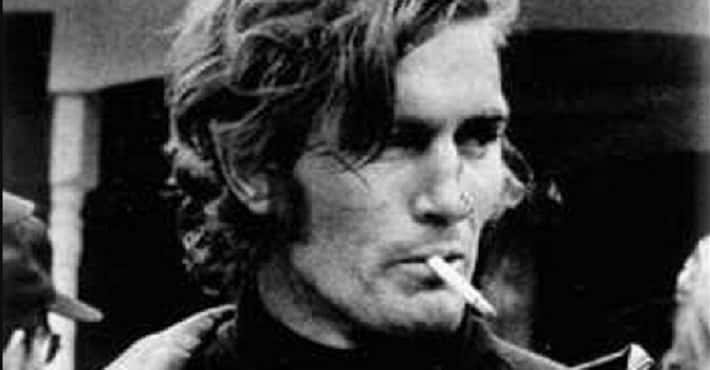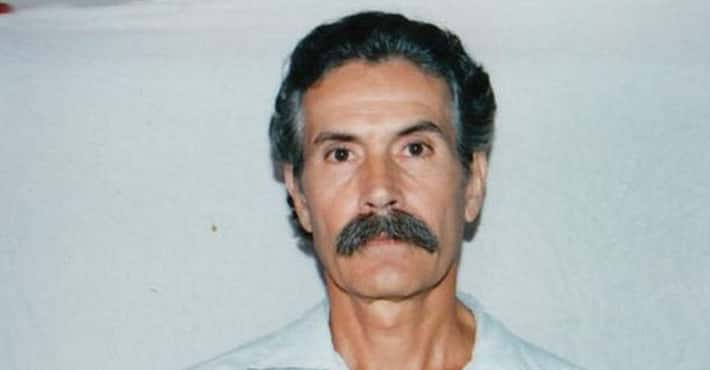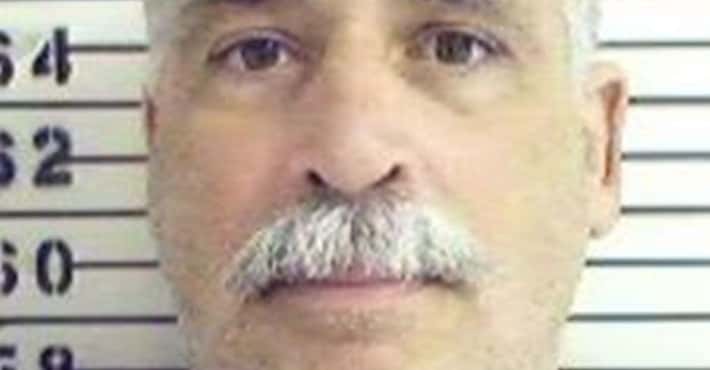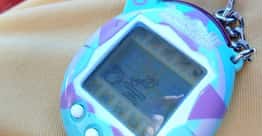Haunting Details About The Tragic Cheshire Murders And Their Aftermath
Joshua Komisarjevsky Followed Jennifer Hawke-Petit And Her Daughter Home From The Grocery Store On July 22, 2007
Cheshire, CT, residents Jennifer Hawke-Petit, 48, and her youngest daughter, 11-year-old Michaela, went to the local Stop & Shop for groceries around 7:30 pm on Sunday, July 22, 2007. As they were shopping, 26-year-old Joshua Komisarjevsky spotted them and decided to follow them home.
Komisarjevsky was on parole for drug-related crimes and would reportedly break into and rob the homes of affluent families to help fund his habits. Many also believed he had an inappropriate interest in children and may have targeted the Petits because of Michaela.
According to a statement Komisarjevsky later made, he thought the Petits had "a very nice house and very nice car and thought it would be nice to be there someday." Komisarjevsky later claimed he only planned to rob the family as they slept during the early hours of July 23.
Komisarjevsky Returned To The Petit Home Later That Night With An Accomplice
Just before 3 am on the morning of July 23, Joshua Komisarjevsky returned to the Petits' Cheshire home with an accomplice, 44-year-old Steven Hayes.
The two men first attacked William Petit, who had fallen asleep in the home's sun room. Komisarjevsky reportedly grabbed a baseball bat from the front lawn and used it to beat Petit as he slept. The men then took a bloodied Petit down to the basement, where they bound him and tied him to either a pipe or a support beam.
Once upstairs, Komisarjevsky and Hayes awoke Jennifer, Hayley, and Michaela and placed pillowcases over the heads of the mother and two girls. The two men then spent hours robbing the home but apparently did not find enough valuables to satisfy them - a fact which eventually made the robbery turn deadly.
On July 23, Jennifer Hawke-Petit Sought Help From A Bank Teller, Who Called The Police
As Komisarjevsky and Hayes continued searching the home for valuables, they discovered the family had a checking account with $30,000-$40,000 in it. Around 9 am on July 23, Hayes took Hawke-Petit to a nearby Bank of America so she could withdraw $15,000.
Since Hayes opted to stay in the car, Hawke-Petit shared her dire situation with the teller when she entered the bank. The teller went to a manager, who called 911, stating, “We have a lady who is in our bank right now who says that her husband and children are being held at their house.” The manager described Hawke-Petit as being “petrified” while she withdrew the cash and asked for help, though others at the bank described her as calm.
Despite the 911 call, police failed to intercept Hayes as he drove the Petits' SUV back to their home.
The Home Invasion Escalated To Assault, Murder, And Arson
While Hayes took Hawke-Petit to the bank, Komisarjevsky sexually assaulted 11-year-old Michaela and recorded the crime on his phone. Upon their return home, Hayes allegedly raped Hawke-Petit at Komisarjevsky's request in order to “square things up," an apparent referent to Michaela's assault.
Although the timeline is unclear, sometime between 9:30 and 9:50 am, Hayes strangled Hawke-Petit. Following her murder, Hayes poured gasoline throughout the house, ensuring he doused Hawke-Petit's dead body with the accelerant. He also poured gasoline on Michaela and Hayley, who were both still alive and tied to their beds with pillowcases over their heads.
With the house and their victims soaked with gasoline, one of the men lit a match and set the home on fire.
William Petit Jr. Was The Only Survivor
Either directly before or after Hawke-Petit's murder, William Petit managed to free himself and escape the home through a basement window. As Komisarjevsky and Hayes set the house on fire and fled the scene, Petit, who was still bound with rope, made his way to a neighbor's house to get help.
When a neighbor discovered Petit around 9:50 am, he didn't recognize the doctor because of how severely the intruders had beaten him. The neighbor recalled Petit yelling, “The girls are in the house!” The men alerted nearby police officers, but first responders were unable to save Hayley and Michaela, rendering Petit the only survivor of the home invasion.
Hayley Petit Attempted To Escape The Fire
During Steven Hayes's trial, the prosecution called medical examiner Dr. H. Wayn Carver to the stand. Carver performed the autopsies of both Hayley and Michaela Petit and determined they died from smoke inhalation; however, while Michaela was unable to free herself from the bed where her assailants bound her, Hayley managed to untie herself and make her way to the staircase before succumbing to the smoke.
Carver stated that 75.6% of Michaela's oxygen-carrying capacity of blood was filled with carbon monoxide, adding that even 30% would be lethal. Carver added that “There were no markers to tell me if any of the skin (burn) injuries occurred before or after she died,” regarding Michaela's autopsy. That said, Michaela may have remained alive for several minutes.
Police Were Waiting Outside The Home While The Events Took Place
After Petit managed to escape his burning home, he tried to get help for his wife and two daughters, unaware that the bank manager already notified police approximately one hour earlier. Shortly after the call, officers were dispatched to the Petit home, but their superiors instructed them not to enter the house.
Reportedly, Hawke-Petit was under suspicion of being complicit in the cash withdrawal because of her allegedly calm demeanor at the bank. The officers were also told not to attempt to speak with Hayes when he arrived back at the house, nor were they allowed to try to contact someone inside the residence via phone.
Instead, law enforcement officials were directed to set up a perimeter and monitor the situation, leaving officers just outside the home while the assaults, murders, and arson occurred. Hawke-Petit's sister later publicly criticized police for failing to save Hawke-Petit, Hayley, and Michaela.
Authorities Captured Hayes and Komisarjevsky Five Minutes After They Fled The Scene
After setting the Petit home on fire, Komisarjevsky and Hayes fled the scene in the family's SUV at 9:56 am; however, the pair crashed into a nearby police cruiser and were arrested at 10:01 am.
Investigators discovered both men had extensive criminal histories. They had met one another the previous year while both were living at a halfway house in Hartford, CT. Shortly after meeting, Hayes and Komisarjevsky reportedly decided to become partners in crime, committing burglaries together in order to steal cash and credit cards from wealthy families.
In the years - and trials - following the Cheshire murders, Komisarjevsky and Hayes blamed one another for the burglary turning violent and deadly. As their trials unfolded, authorities determined Hayes most likely murdered Hawke-Petit, but it remained unclear which of the men lit the match that ultimately set the house on fire, killing Hayley and Michaela.
Komisarjevsky Seemingly Tried To Attribute His Crimes To A Traumatic Childhood
During Komisarjevsky's trial, the jury learned he had been adopted at 2 weeks old. Komisarjevsky maintained that when he was 14 years old, his adult foster brother, Scott Reetz, assaulted him.
According to the expert testimony of sexual trauma psychotherapist Leslie Lebowitz, Komisarjevsky’s foster brother admitted to the assault and, in 1993, Reetz became a registered offender. Following this revelation, the psychologist clarified that the alleged abuse against Komisarjevsky neither caused nor justified the Cheshire crimes.
The jury also learned that Komisarjevsky's extremely religious adoptive parents refused to get him any sort of counseling or medication to help him cope with his trauma because they didn't want anyone outside their faith to know about the abuse he suffered.
Lebowitz proposed that without any tools to help him cope with repeated assaults, Komisarjevsky went on to abuse one of his sisters. The teen also started down a path of criminal misconduct, similarly implied to be a result of Reetz's abuse.
During The Trials, Jury Members Were Offered Counseling Due To The Case's Disturbing Nature
After law enforcement seized the two fleeing perpetrators, they charged Hayes and Komisarjevsky with 17 counts, including sexual assault, murder, kidnapping, and arson. In October 2010, Hayes was convicted of 16 counts and received a death penalty sentence. In October 2011, Komisarjevsky was convicted of all 17 counts and also sentenced to death.
During both of their trials, members of the jury were exposed to disturbing evidence, including autopsy photos of the victims' bodies and images Komisarjevsky had taken on his cell phone of Michaela as he assaulted her.
As a result of these pictures, as well as graphic witness testimony, multiple members of the jury experienced severe psychological and emotional trauma, leading to the state of Connecticut offering free counseling.
Komisarjevsky And Hayes Were Given The Death Penalty But Remain In Prison
After they were convicted on multiple felony counts, both Komisarjevsky and Hayes were sentenced to death; however, in 2015, just a few years after they received their sentences, the state of Connecticut abolished capital punishment. Consequently, Komisarjevsky and Hayes's sentences were changed to life sentences, making it unlikely either of them will ever leave prison.
When William Petit Jr., a proponent of the death penalty, learned the men who killed his wife and daughters wouldn't be executed for their crimes, he said, “I think when people willfully, wantingly, without any remorse, take someone else's life, they forfeit their right to be among us.”


